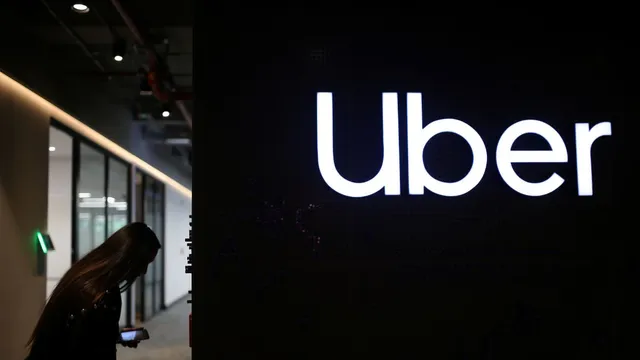- By Alex David
- Sun, 11 May 2025 11:27 PM (IST)
- Source:JND
Uber has joined other tech companies in taking a firm stance against hybrid work practices. CEO Dara Khosrowshahi warned employees who resist complying with its stricter return-to-office (RTO) mandate that they will "have to choose between complying and leaving." This decision follows increasing dissension among employees who criticise the shift and voice concerns regarding burnout, space restrictions and shifting work expectations. Tensions flared at a recent all-hands meeting, reflecting the substantial divide between leadership and staff about workplace flexibility. While implementing new workplace rules and benefit changes, Khosrowshahi remains firm in his stance, signalling an imminent shift toward increased in-office presence and structured work norms at Uber.
Uber Employees React Negatively to Return-to-Office Policy
Uber's decision to increase the required in-office days has caused widespread internal disagreement. Employees have expressed their displeasure through internal forums, raising issues like burnout and inadequate workspace, with employees challenging Khosrowshahi directly at an all-hands meeting.
Khosrowshahi Justifies Policy as "Risk Worth Taking"
At a meeting where his policy was being debated, Khosrowshahi appeared unmoved by criticisms directed his way. When confronted by critics, he simply responded, "It is what it is", while acknowledging its unpopularity. Later, during an interview, he reinforced support for it by saying it promotes teamwork and flexibility while emphasising that those opposed would need to "make a choice".
Key Changes to Uber's Work Policy
Starting this June, Uber employees must now come to work from the office on three out of every seven workdays rather than two as previously required. Eligibility for a paid month-long sabbatical is being extended from five years to eight. Workers previously approved for permanent remote work may now need to return in person.
Tensions Rise as Uber’s HR Chief Responds
Following an extremely heated meeting, Uber's Chief People Officer, Nikki Krishnamurthy, sent out an internal memo criticising certain employee comments as "unprofessional and disrespectful," creating further division between employee expectations and management's evolving stance on workplace policies.
Uber's move back into the office marks a substantial change in how it envisions post-pandemic work culture. Leadership believes more in-office time will foster collaboration; however, any pushback could reflect greater concerns over employee well-being and trust issues. As more workers return, Uber will need to balance performance, culture, and retention in an increasingly competitive talent market.

